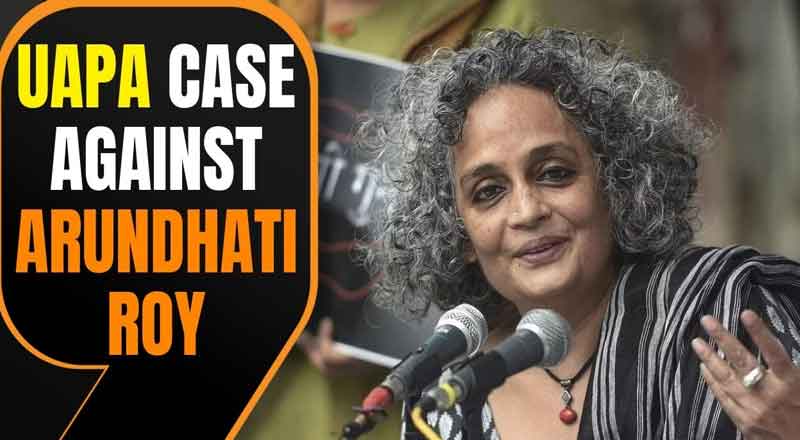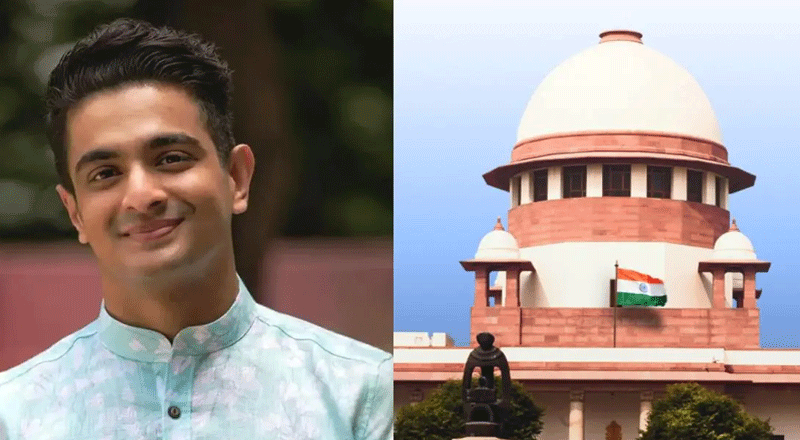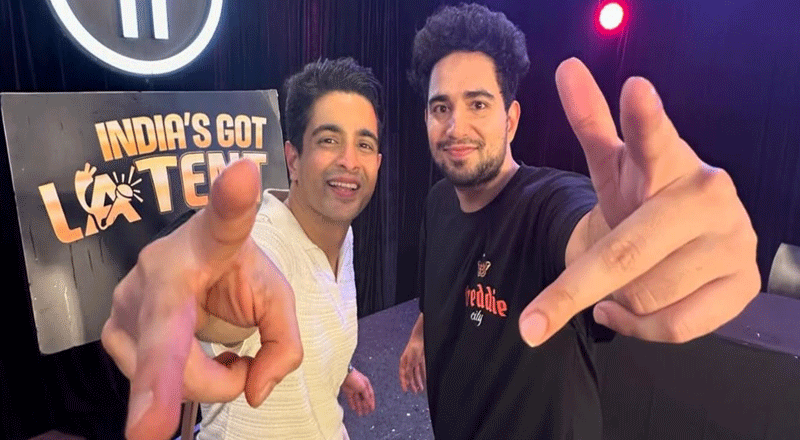The decision by Delhi Lieutenant Governor V K Saxena to sanction the prosecution of acclaimed author Arundhati Roy under the Unlawful Activities (Prevention) Act (UAPA) has ignited a fierce debate across political circles and civil society. Here’s a detailed narrative of the developments and reactions surrounding this contentious issue:
Sanction for Prosecution:
V K Saxena’s approval extends not only to Arundhati Roy but also to former Central University of Kashmir professor Dr Sheikh Showkat Hussain. This decision originates from allegations that both individuals delivered provocative speeches advocating for the separation of Kashmir from India at a conference held in New Delhi in 2010.
Background and Legal Proceedings:
The case traces its origins to a complaint filed by social activist Sushil Pandit on October 28, 2010. Allegedly, the speeches made during the conference, which also featured figures like Syed Ali Shah Geelani and S A R Geelani (both deceased), as well as Varavara Rao, sparked controversy and legal action. Following directions from the Metropolitan Magistrate Court in New Delhi on November 27, 2010, an FIR was registered and subsequent investigations led to the recent sanctioning of prosecution under Section 45 (1) of the UAPA by the Delhi LG.
Political Fallout:
The decision has stirred a robust exchange of words between the Bharatiya Janata Party (BJP) and the Opposition. Opposition parties, led by the Communist Party of India (Marxist) and Congress, have vehemently criticized the move as an assault on democratic values and freedom of expression. The CPI(M) condemned the prosecution as “condemnable” and accused the Delhi LG of acting in a manner reminiscent of authoritarianism. Congress leader Hariprasad BK lambasted the BJP for allegedly silencing dissenting voices of intellectuals and activists under the pretext of national security.
Reactions from Leaders:
Trinamool Congress MP-elect Mahua Moitra has expressed solidarity with Arundhati Roy, describing the prosecution as a tactic to suppress opposition voices. Moitra sharply criticized the BJP’s approach, asserting that such actions contradict the democratic principles upheld by Indian voters. The controversy has prompted a broader discourse on the implications of invoking stringent laws like UAPA for speeches made several years ago, raising concerns about the state’s treatment of dissent and civil liberties.
Public and Legal Scrutiny:
The timing and rationale behind the prosecution have come under scrutiny, with critics questioning the relevance and justification of applying UAPA to speeches delivered over a decade ago. Civil society groups and legal experts have voiced concerns about the potential chilling effect on free speech and the right to dissent in India’s democratic framework. The case has prompted introspection on the balance between national security imperatives and fundamental rights, highlighting the need for a nuanced approach to safeguarding both.
The decision to prosecute Arundhati Roy under UAPA has not only polarized political discourse but also ignited a critical examination of the boundaries between national security and individual freedoms in India. As the controversy unfolds, it underscores the complexities of protecting democratic values while addressing legitimate security concerns, challenging stakeholders to navigate a delicate balance in safeguarding rights and upholding the rule of law.
(With inputs from agencies)





